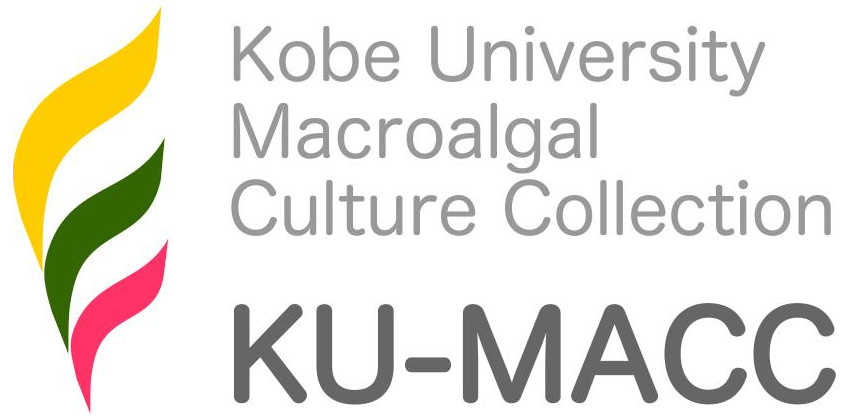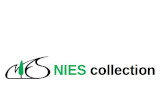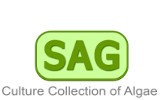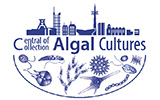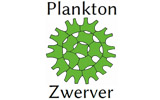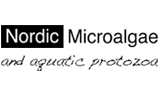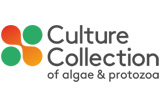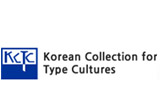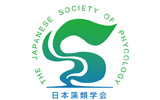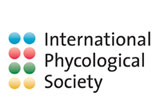Cephaleuros parasiticus Karsten 1891
Publication Details
Cephaleuros parasiticus Karsten 1891: 32, pl. 5: figs 5-6; pl. 6: figs 1-2
Published in: Karsten, G. (1891). Untersuchungen ueber die familie der Chroolepideen. Annales du Jardin Botanique de Buitenzorg 10: 1-66, pls I-VI.
Type Species
The type species (lectotype) of the genus Cephaleuros is Cephaleuros virescens Kunze ex E.M.Fries.
Status of Name
This name is of an entity that is currently accepted taxonomically.
Type Information
Type locality: Indonesia; (INA 1996)
Origin of Species Name
Adjective (Latin), parasitic (Stearn 1983).
Created: 02 May 2002 by M.D. Guiry.
Last updated: 18 October 2022
Verification of Data
Users are responsible for verifying the accuracy of information before use, as noted on the website Content page.
Taxonomic note
It exists also Cephaleuros parasiticus (Cunningham) Hyeronimus 1895 Engler, Pflanz. Ost.-Afr. C: 23, with Basionym Mycoidea parasitica Cunningham 1879 and Current Name Cephaleuros virescens Kunze ex E. Fries 1832. (See INA) - (24 July 2023) - Salvador Valenzuela Miranda
Distributional note
According to Ponmurugan 2010 (citing Rattan 1986, Baby 2001), red rust disease is prevalent in India, Bangladesh, Sri Lanka, China, Japan and Kenya. - (09 December 2010) - G.M. Guiry
Habitat notes
Host: Syzygium aromaticum (Clove tree); thalli grow subepidermally on the upper and lowe leaf surfaces and intramatrically (Suto et al. 2014). - (10 July 2014) - G.M. Guiry
On leaves (Nelsen et al. 2011). - (24 August 2011) - G.M. Guiry
Usage note
Causes red rust, an important disease common in mature tea plantations (Ponmurugan et al. 2010). - (09 December 2010) - G.M. Guiry
Linking to this page: https://www.algaebase.org/search/species/detail/?species_id=51425
Citing AlgaeBase
Cite this record as:
M.D. Guiry in Guiry, M.D. & Guiry, G.M. 18 October 2022. AlgaeBase. World-wide electronic publication, National University of Ireland, Galway. https://www.algaebase.org; searched on 31 March 2025
 Request PDF
Request PDF